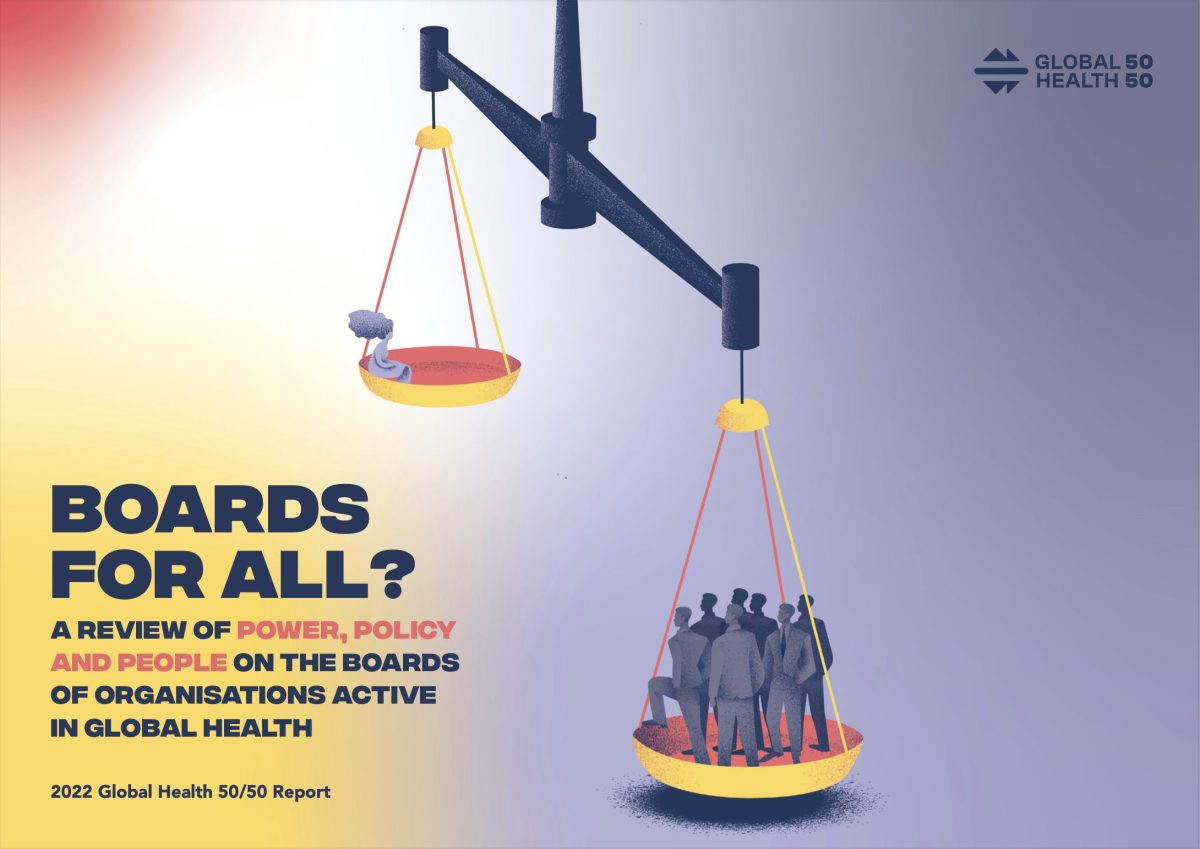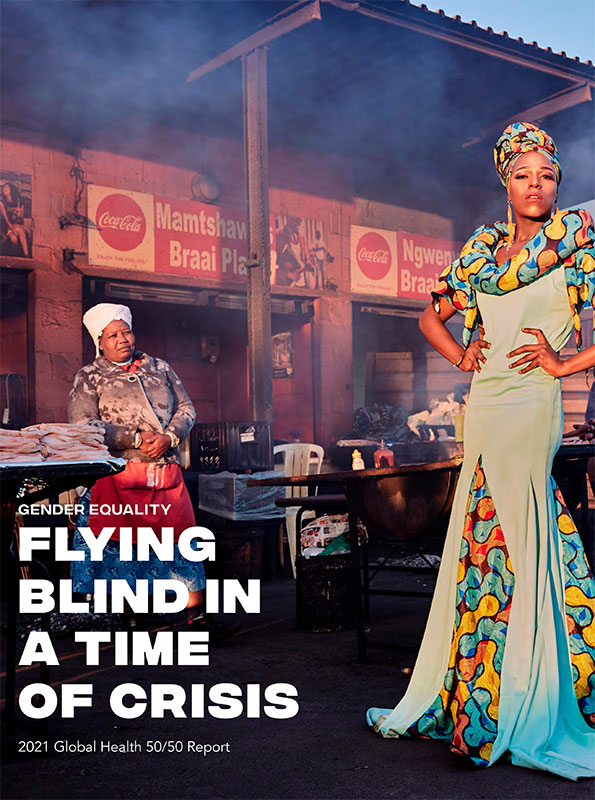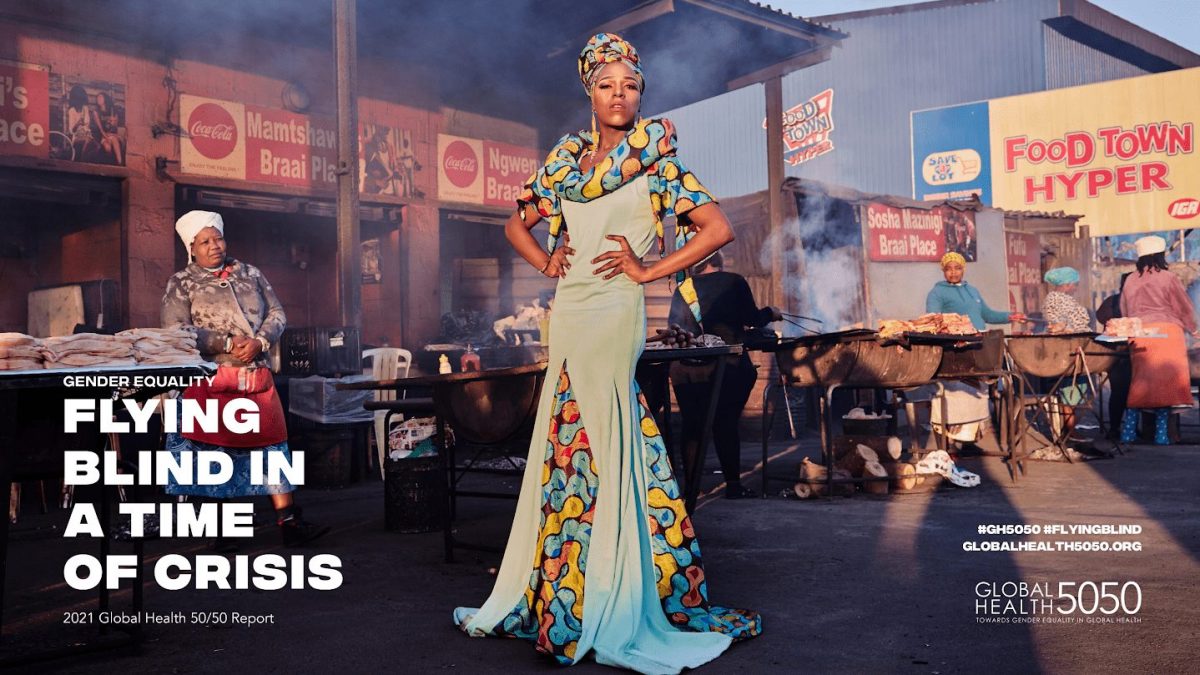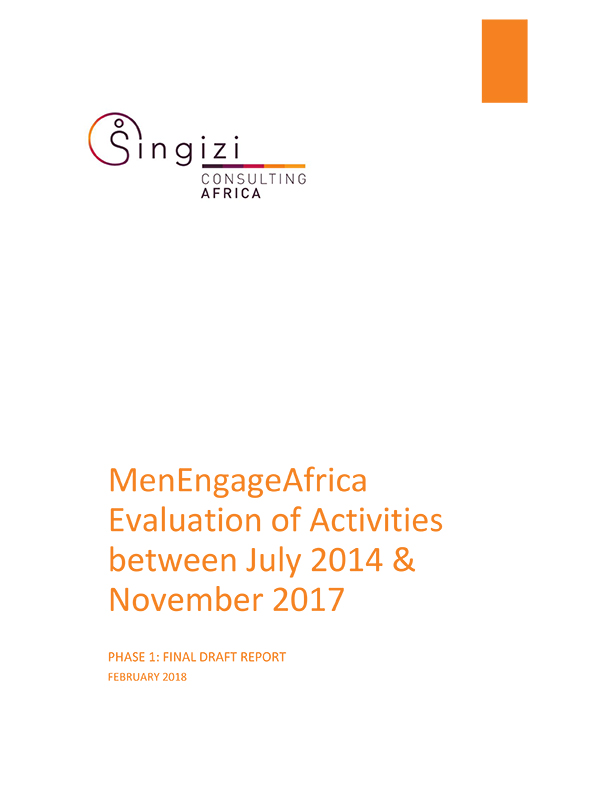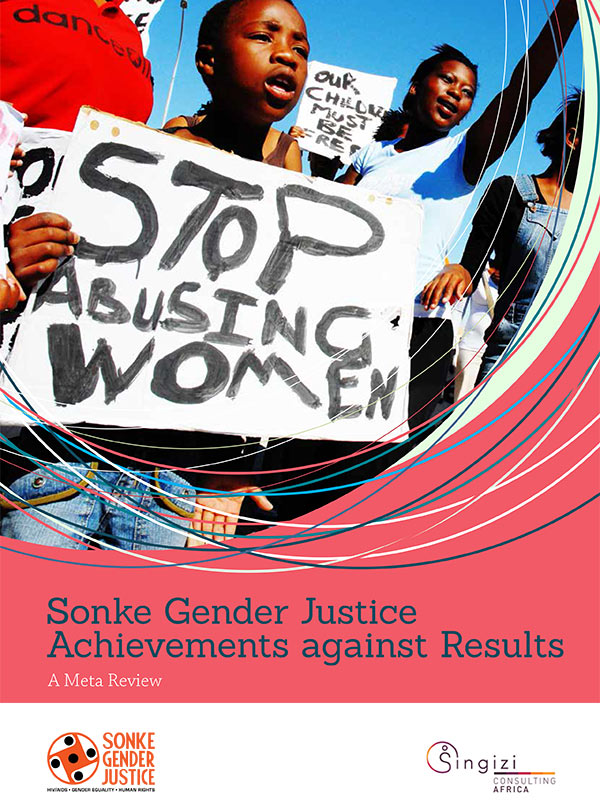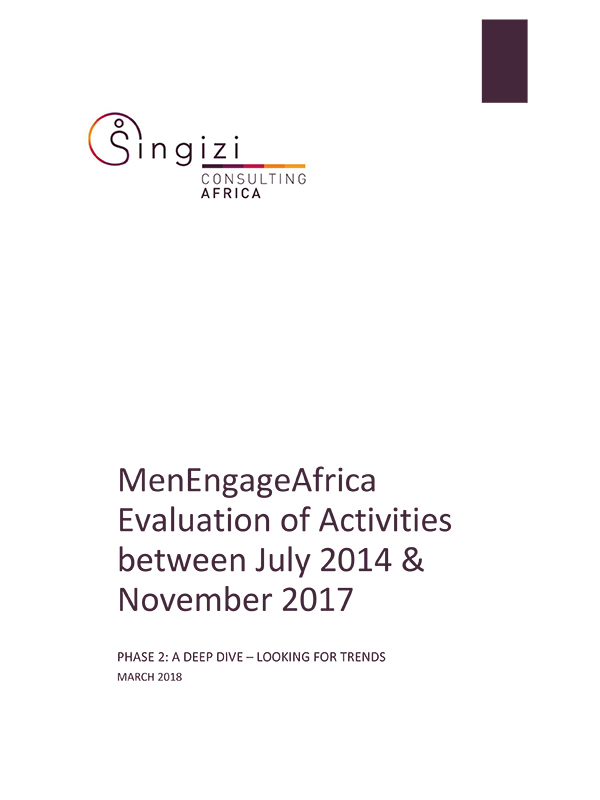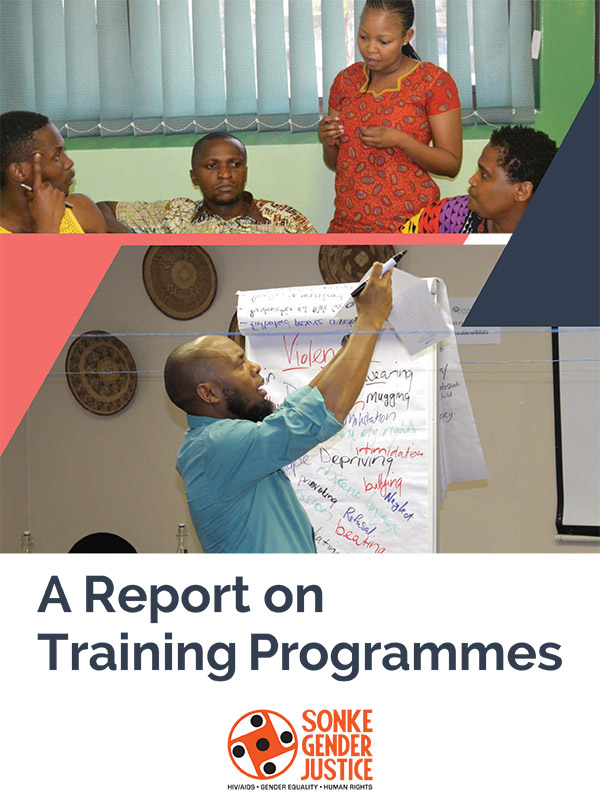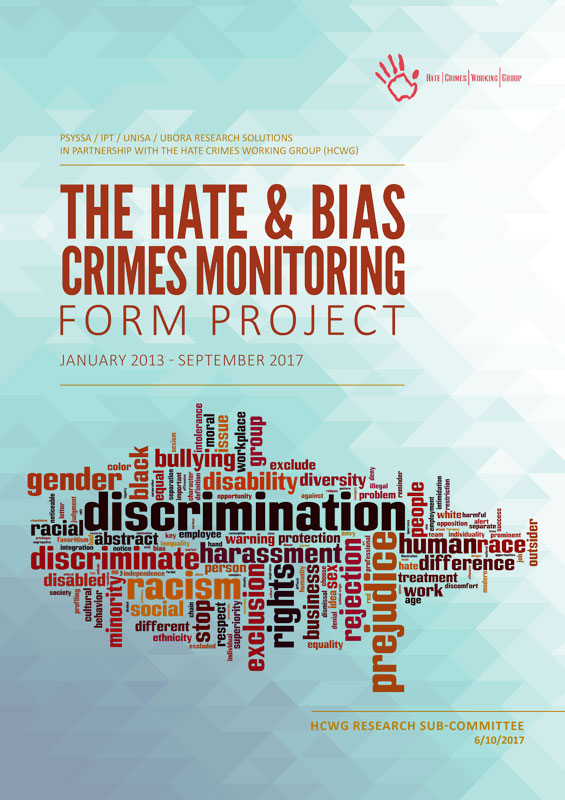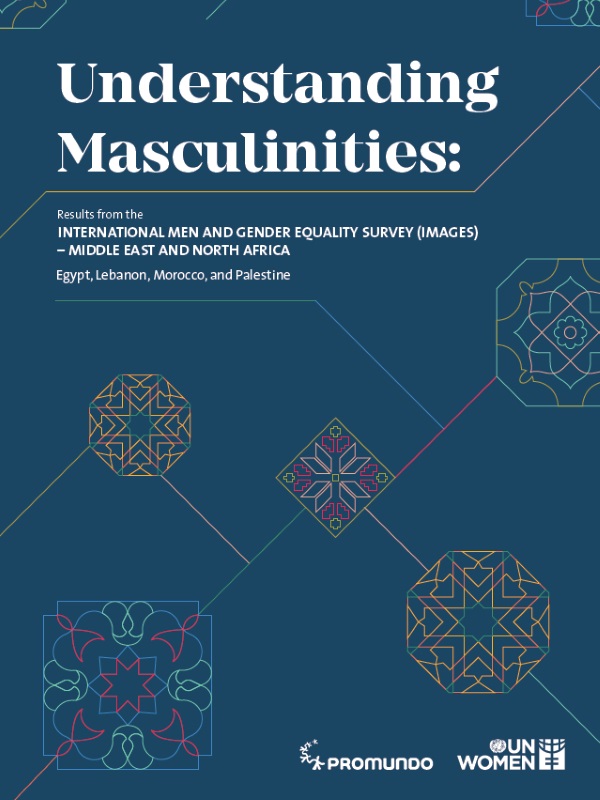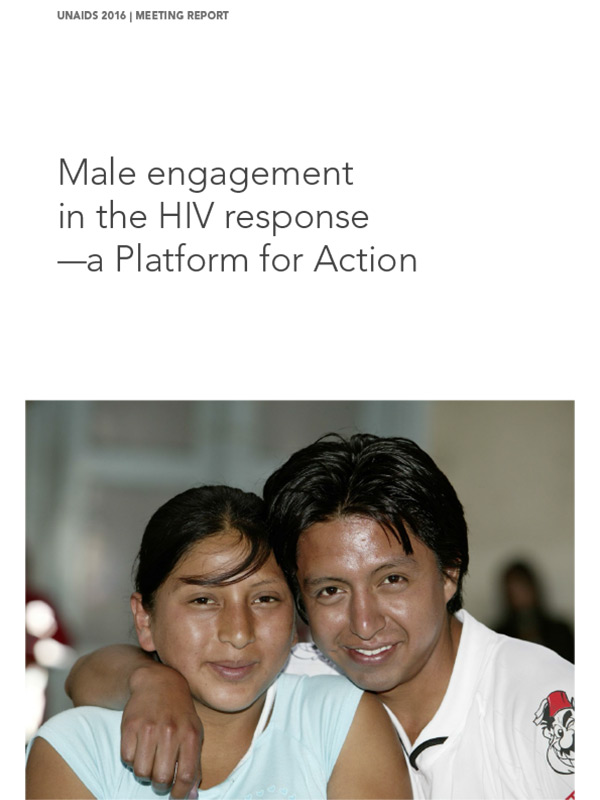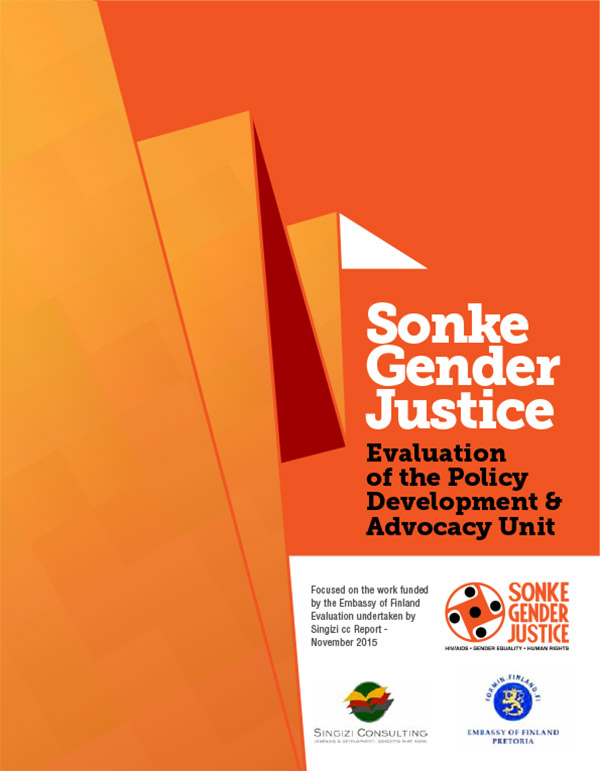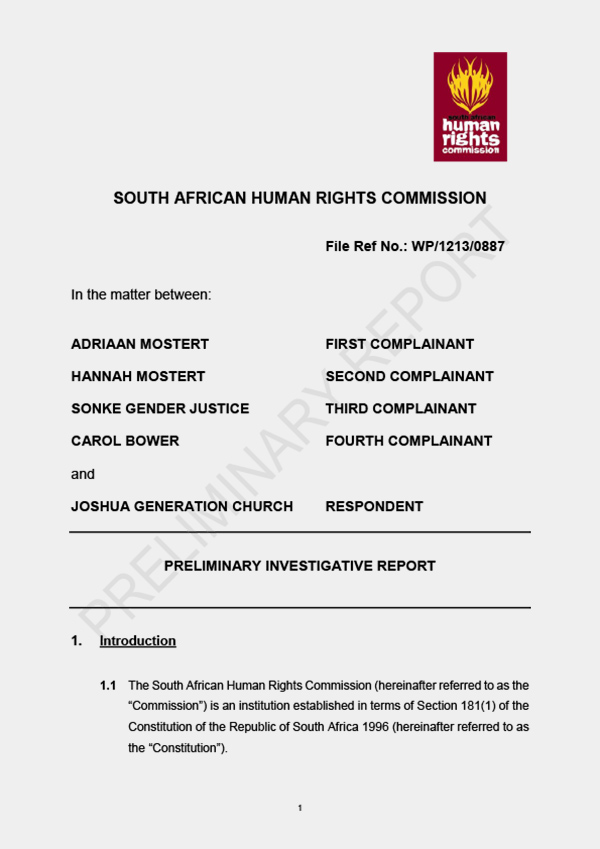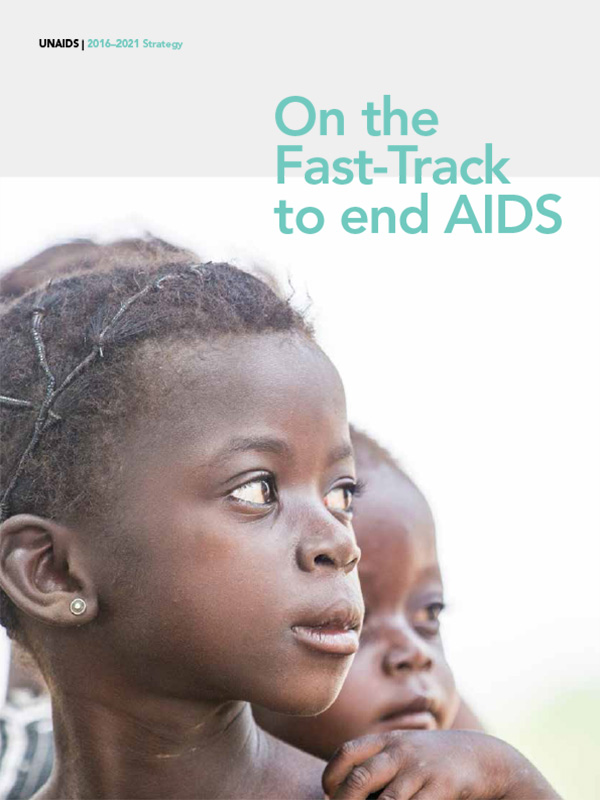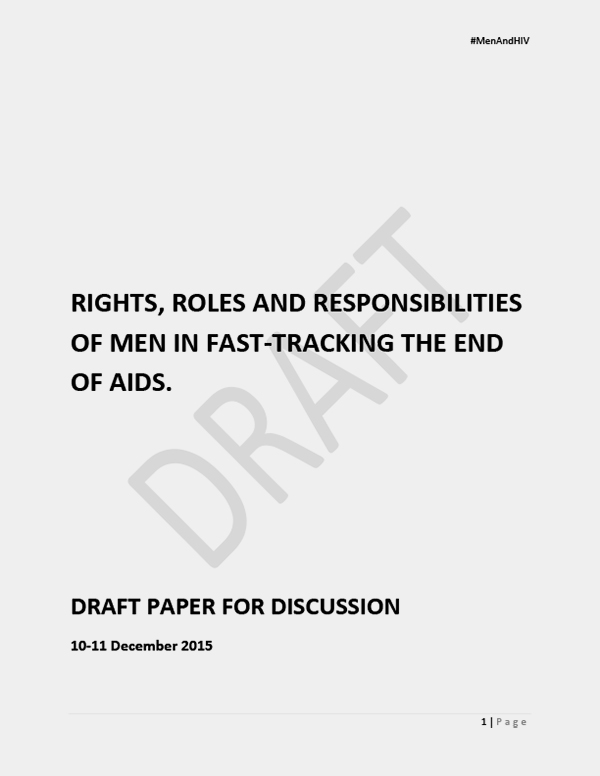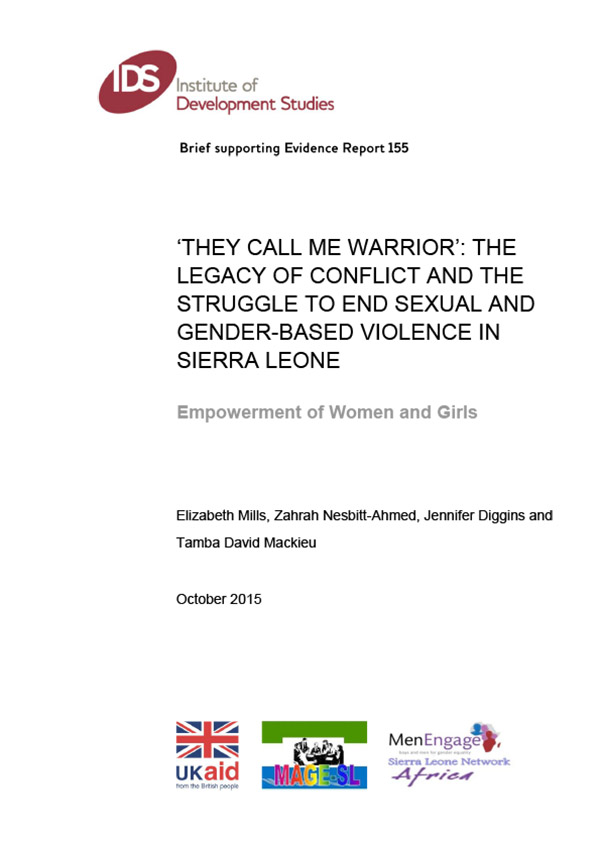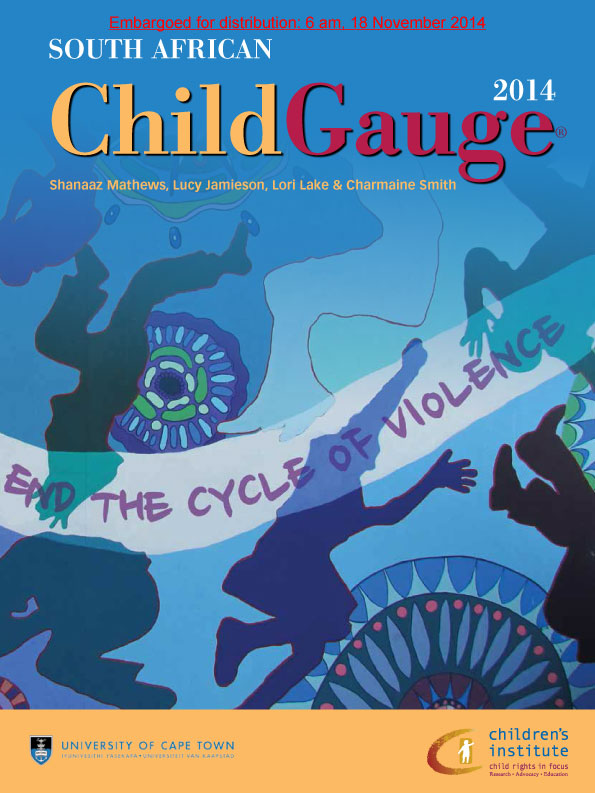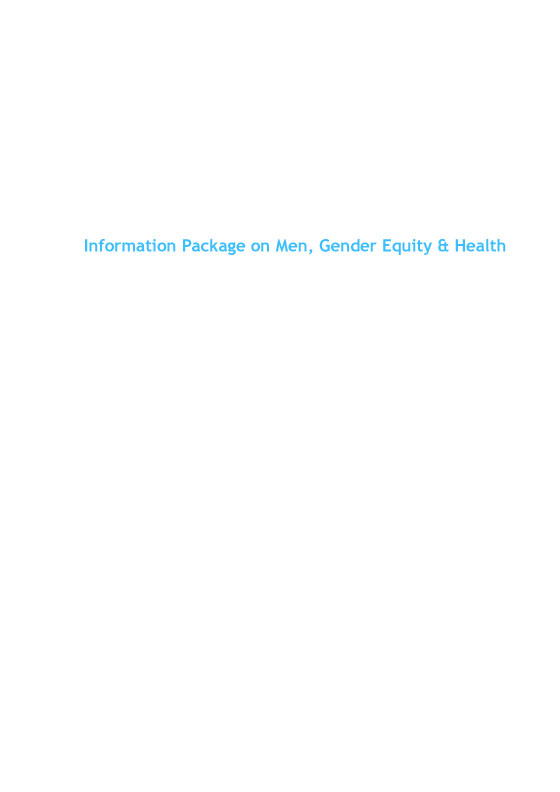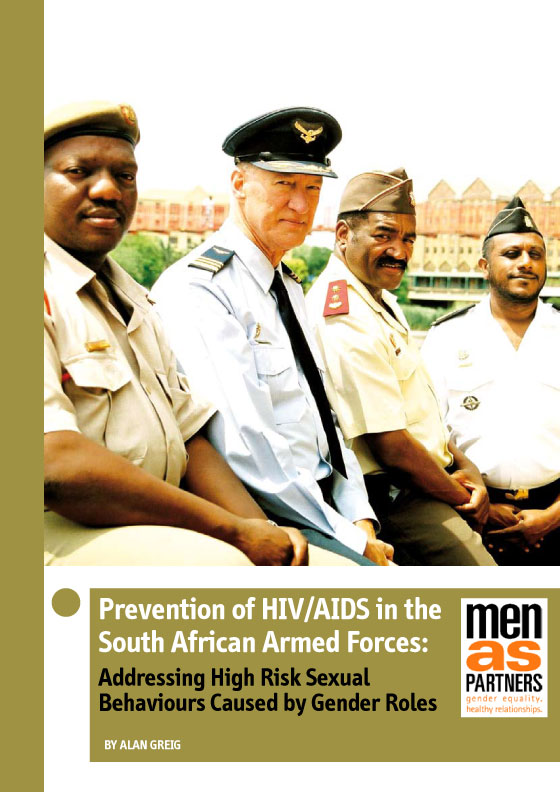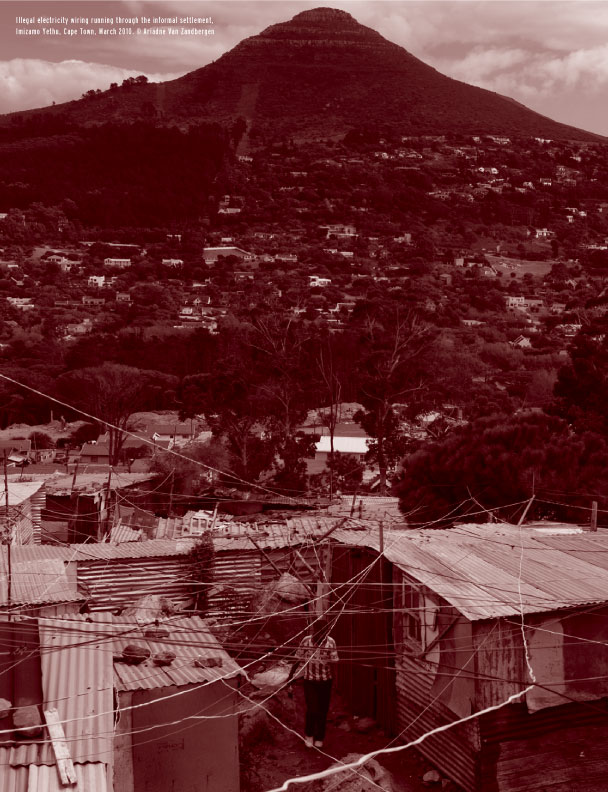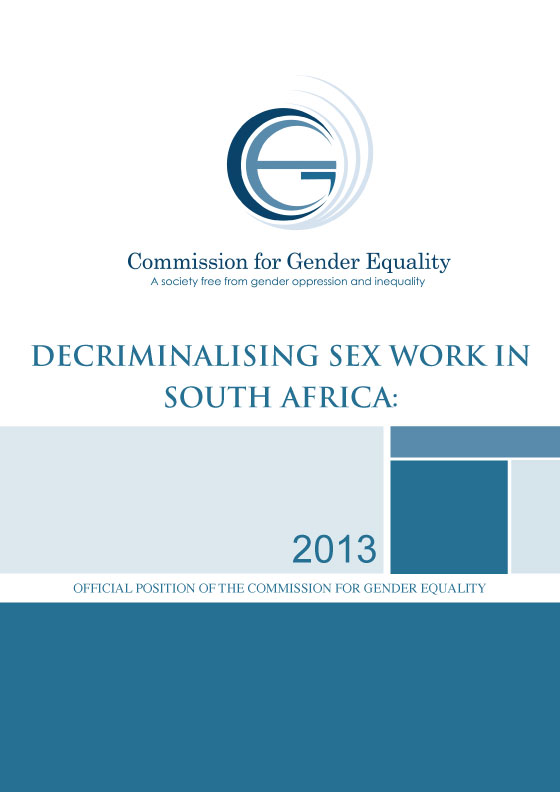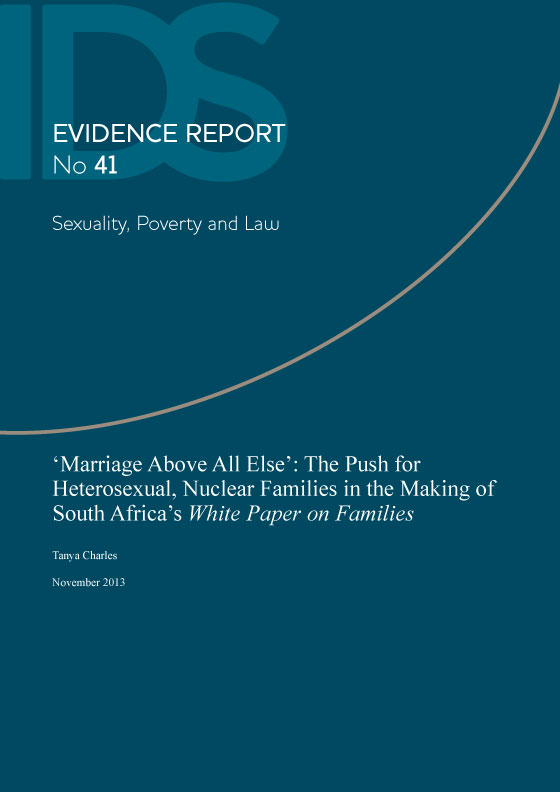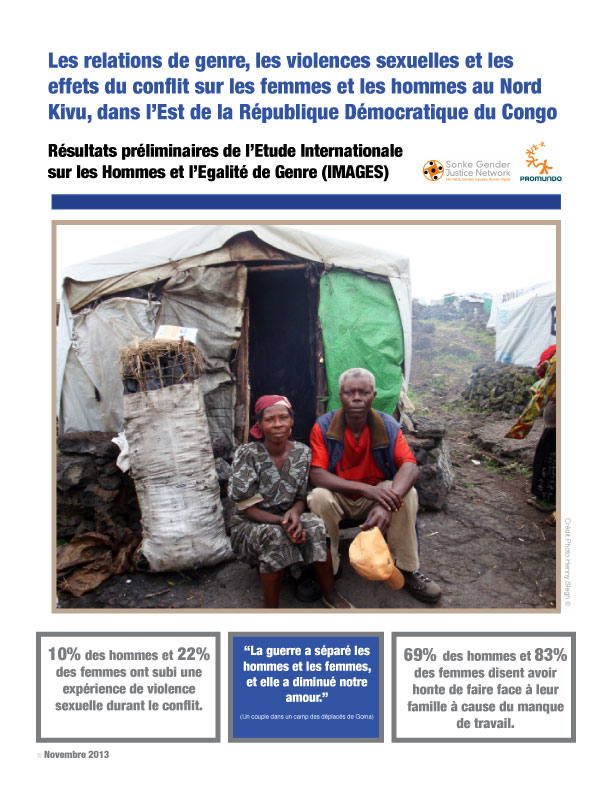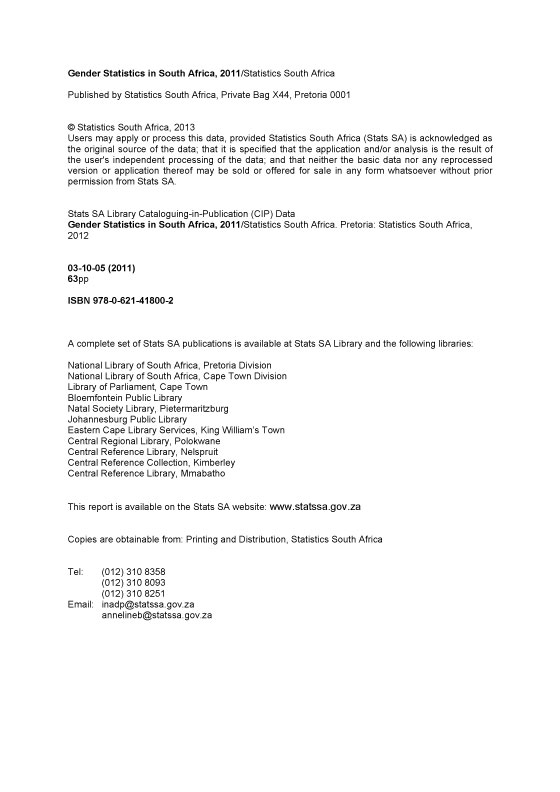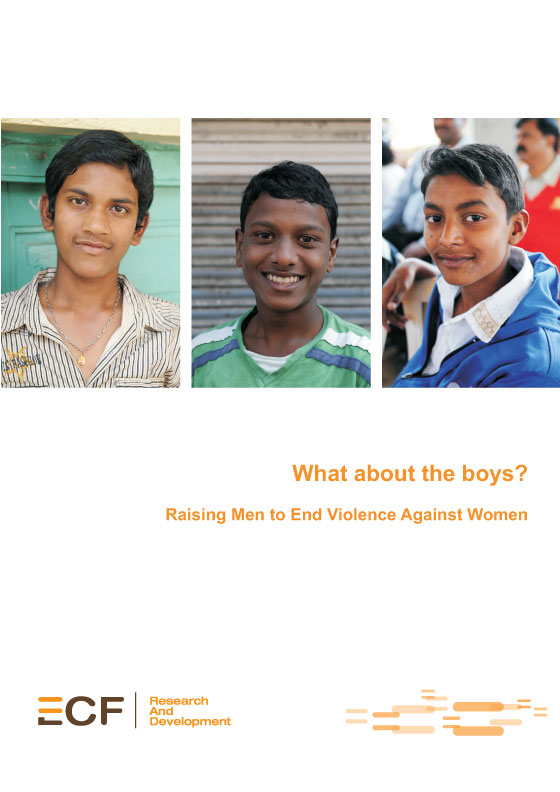The fifth annual Global Health 50/50 report, Boards for all?, presents the first-ever analysis of the gender and geography of who governs global health. Through an examination of the demographics of over 2,000 board members of the most influential organisations active in global health, the report warns that global health is not living up to its name.
The report further presents its annual review of the equality- and gender-related policies and practices of 200 global organisations. Building on five years of evidence, it finds signs of rapid progress in building more equitable and gender-responsive global health organisations, while also revealing stagnating progress among a large subset of global health organisations. For the first time, the Index categorises all organisations by performance and presents dedicated pages for each organisation to explore and compare findings.
Boards for all? is a call to realise a globally representative and equitable global health governance that can deliver health for all.
“Ensuring the leadership and influence of people from low- and middle-income countries, and especially women, is not only a question of equity – however essential – but of the very relevance, effectiveness and impact of the global health enterprise.” Elhadj As Sy, Chair of the Kofi Annan Foundation
